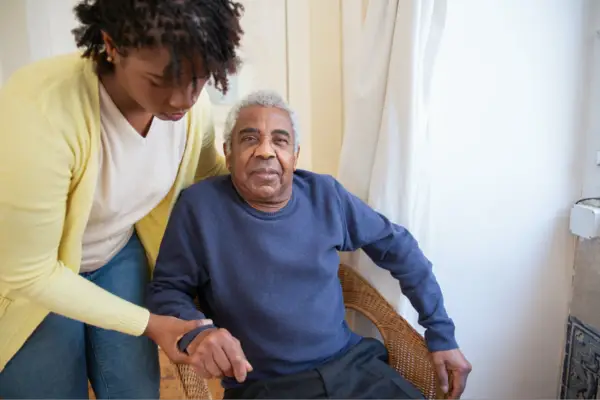
Getting Financial Assistance For The Care You Need
If you’re looking to hire help in caring for a loved one, whether it’s live-in care or finding them an assisted living facility that meets their needs, then you need to make sure that you’re able to afford it. Of course, this isn’t always easy, and you might need a little financial assistance to be able to budget towards their care. Here, we’re going to look at some of the options you might have to consider when it comes to being able to afford care, who it could help, and what kind of needs it might be able to fulfill.
Medicaid
Of the most basic options, Medicaid is designed to offer health coverage, specifically for those who are part of a low-income family. This can include the elderly, who can qualify depending on their financial means. Moreover, the actual range of what Medicaid can cover will depend on the state. It may help with some assisted living costs, but it will not pay for a room at a facility in any state. As such, you may need to budget for your loved one’s care with what might feel like partial help from the state, such as costs for meal prep or covering some of the services a caregiver might provide.
Medicare
More substantial than Medicaid, Medicare can play a much larger part in helping the elderly cover their costs. However, it can be difficult to understand in parts, largely due to the fact that different states have different plans, and others might cover some assisted living costs in one state, but not in the next state. As such, you should look for tips on signing up for Medicare to get an understanding of what you might need and how to find out what is on offer for your state. This includes assessing what your needs are as well as your medical history. It will not cover long-term care, but it can cover other medical costs, which can free up some room, financially speaking, to make those other services more affordable.
Long term care systems
Certain parts of the country might have additional long-term care programs that can help to meet additional demands. Usually, certain criteria have to be met to qualify for these programs, such as Long Term Care requirements such as being of a certain age (over 65) and having a developmental disability. These programs are designed specifically to help cover the long-term care needs of those that need it, going beyond other options, but they can also have long application processes. As such, it’s often required to have some legal advice when going through the application process to get the help you need, if you should qualify.
Social security
Independent of the other programs mentioned above, social security is a benefit that is available for both the disabled and for those who are 62 or over. Typically, if you are eligible for Medicare, you are also eligible for social security and can apply for both at the same time. Bear in mind that there may always be exceptions, so you should get to know precisely what you or your loved one might be eligible for before you make any plans. Supplemental security income is available to people with low incomes or assets, while state supplementary payments can offer financial support for needs such as assisted living facilities. They may not be as specific as the long-term care plans mentioned above but may be worth looking into.
Getting paid as a carer
If you are personally considering taking up the mantle and ensuring that your loved one gets the care that they need, then you might consider your own financial needs. You can still get assistance to help with things such as making arrangements to their home to make it suit their needs better, but given that caring for a family member can be a full-time job, you may be in need of some assistance to take care of your own needs, as well. There are various ways to get paid to care for a loved one, such as self-directed services programs (under Medicaid) as well as things like community-based services programs. These are available locally, so you should check in with the state-organized that takes care of Medicaid requests to see what is on offer, or local elderly care organizations.
If you get any financial assistance, you need to make sure you understand clearly what it will and will not cover, and make sure that you have the budget to cover anything left over. Don’t get caught off guard when it comes to what you might have to spend to cover all of your needs.